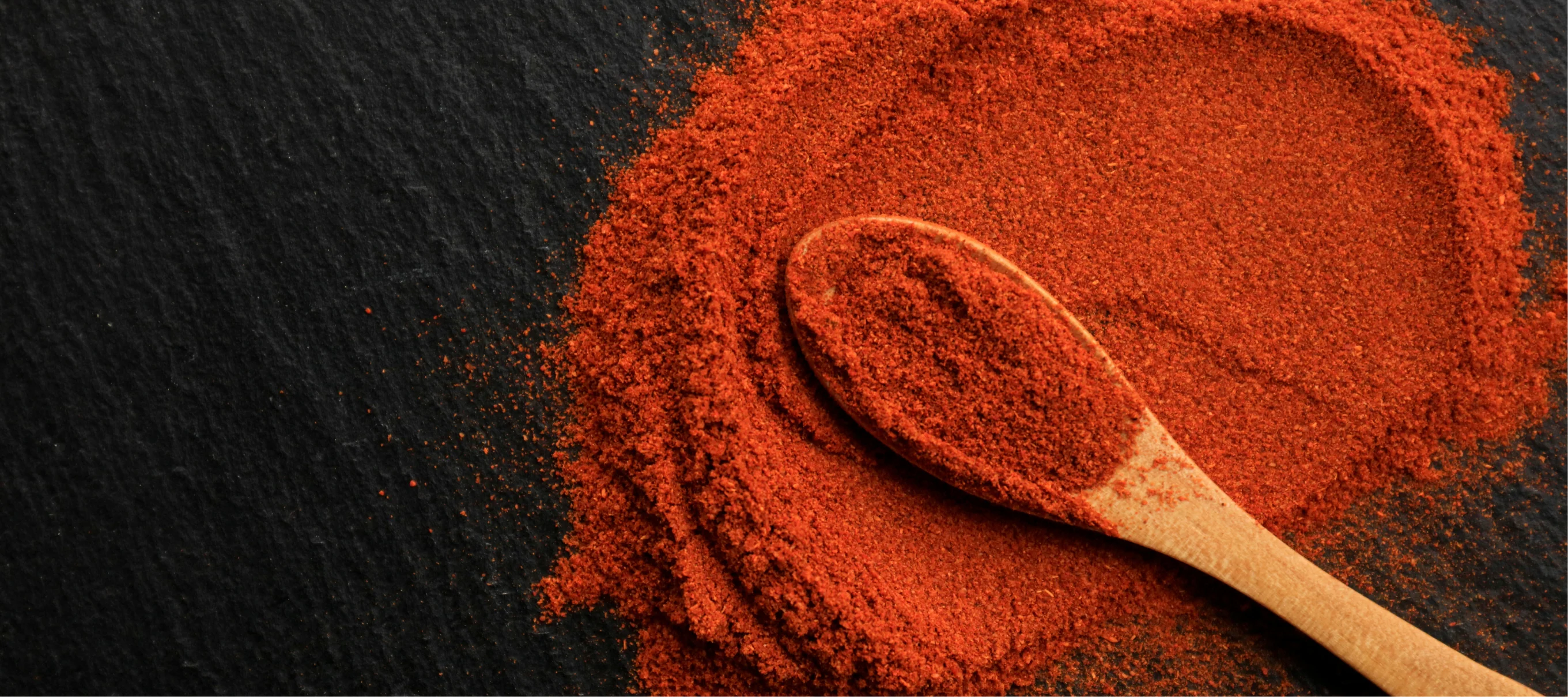- No. 268 Xianghe Street, Economic Development Zone of Xingtai city, Hebei 054001 China
- Byron@hbhongri.cn
Benefits of Turmeric Powder in Culinary Uses and Health Boosts
The Culinary and Health Benefits of Turmeric Powder
Turmeric, a vibrant yellow spice derived from the root of the Curcuma longa plant, has been used for centuries in various cuisines and traditional medicine systems around the world. In recent years, turmeric powder has gained immense popularity not only for its distinct flavor and color but also for its numerous health benefits. Incorporating turmeric powder into food can elevate dishes while promoting well-being.
Culinary Uses of Turmeric Powder
Turmeric powder is a staple in Indian cuisine, commonly found in curry powders and many savory dishes. Its earthy and slightly bitter flavor profile adds depth to meals, making it an ideal ingredient for soups, stews, and marinades. A popular way to enhance the taste of vegetables, grains, and proteins is to sprinkle turmeric powder into stir-fries or rice dishes.
Moreover, turmeric is a vital component in the creation of diverse spice blends, such as garam masala and curry mixes, which are prevalent in South Asian cooking. Its vibrant color can transform ordinary dishes into visually appealing culinary creations. When added to sauces and dressings, turmeric contributes a warm hue and unique flavor while providing potential health benefits.
Beyond traditional uses, turmeric is making its way into modern dietary trends. Golden milk, a wellness drink made by mixing turmeric powder with milk or plant-based alternatives, has become popular for its soothing properties. Smoothies, baked goods, and even popcorn are other creative ways to incorporate turmeric into daily meals, blending taste with nutrition.
Health Benefits of Turmeric Powder
turmeric powder for food

The primary active compound in turmeric, curcumin, is responsible for many of its health-promoting properties. Curcumin possesses potent anti-inflammatory and antioxidant effects, which can help combat oxidative stress in the body. This makes turmeric powder an excellent addition for those looking to support their immune system and overall health.
Research suggests that curcumin may play a role in reducing the risk of chronic diseases. Studies have indicated its potential benefits in managing conditions such as arthritis, heart disease, and certain cancers. Moreover, turmeric's anti-inflammatory properties may be beneficial for those suffering from inflammatory bowel conditions.
Turmeric’s ability to improve digestion is another notable benefit. Many cultures utilize turmeric as a digestive aid, helping to alleviate bloating and discomfort after meals. When included in a spice blend for curries or lentil dishes, turmeric can enhance the overall digestibility of these meals.
Additionally, turmeric powder has been associated with brain health, with studies suggesting a link between curcumin and improved cognitive function. Its ability to cross the blood-brain barrier may contribute to a reduced risk of neurodegenerative diseases.
Conclusion
Incorporating turmeric powder into food is a delicious and healthful way to enhance flavors and reap potential health benefits. Whether used in traditional recipes or innovative modern dishes, turmeric offers a versatile ingredient that can enrich your culinary repertoire while promoting wellness. As with any spice or supplement, moderation is key, and it’s advisable to combine turmeric with black pepper, which can enhance the absorption of curcumin. By embracing the vibrant flavor and myriad of beneficial properties inherent in turmeric powder, one can savor the rich tastes of the world while nurturing one's health.
-
Turmeric Rhizome Powder: A Golden Treasure from Roots to TableNewsJul.28,2025
-
The Versatile Application Of Crushed Red Hot Peppers: Lighting Up The Red Flames On The Dining TableNewsJul.28,2025
-
The Paprika: A Touch Of Vibrant Red In Color, Flavor, And CultureNewsJul.28,2025
-
Ground Turmeric: A Modern Examination of an Ancient SpiceNewsJul.28,2025
-
Capsicum Liquid Extract: Features, Applications, and ChallengesNewsJul.28,2025
-
Application of Capsicum Liquid Extract in FoodNewsJul.28,2025







